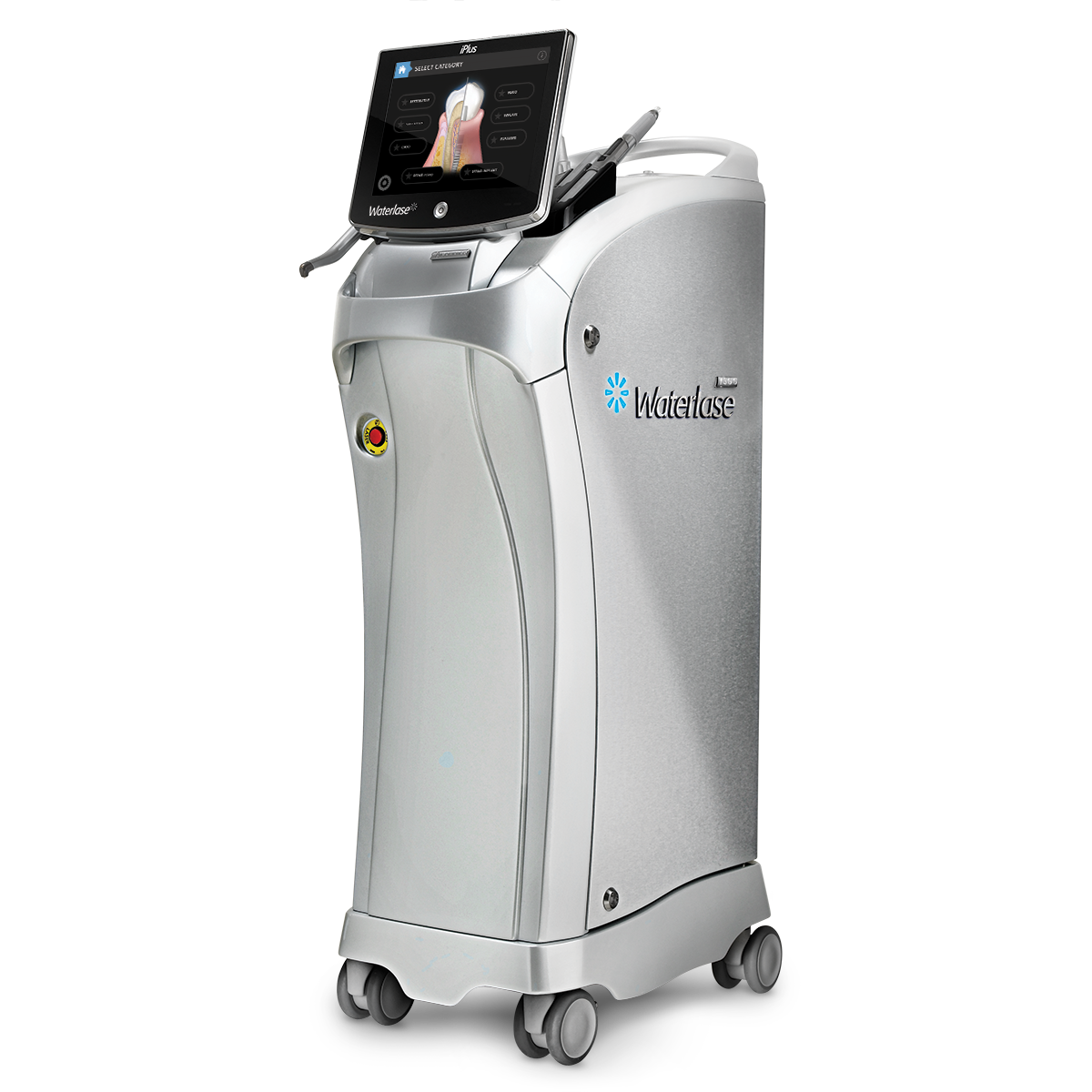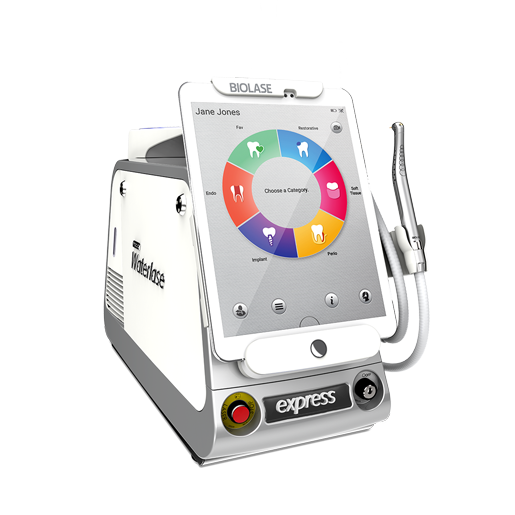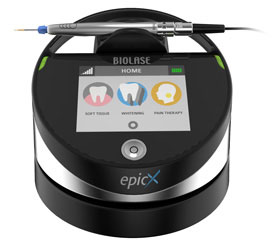Some important wisdom teeth facts to know before you go to the dentist!
What are wisdom teeth and how did they get their name? Wisdom teeth are basically your third row of molars. They were dubbed “wisdom teeth” because they generally show up between ages 17-25. A good majority of people will have to deal with their wisdom teeth at some point or another, so let’s take a look at these interesting and sometimes troublesome-teeth.
Why Do We Have Wisdom Teeth?
Wisdom teeth were necessary for earlier humans to chew and eat. Our ancestors had a much tougher diet than we currently enjoy today like leaves, roots and meat, that may have worndown teeth faster, so they needed that third row of molars. Over time, the types of food we eat have changed, so they are no longer necessary. As a result of evolution over time, some people never develop them at all. Some do develop them, but have no problems. In most cases, around 85% of people with wisdom teeth will have to have them removed.
As science progresses, our wisdom teeth are being researched. In fact, some researchers have found they can be used to produce stem cells. So you may want to hold on to those teeth after they are pulled. On the other hand researchers are also looking into ways to prevent wisdom teeth from growing at all.
Why Do They Cause Problems?
Over time, humans have developed smaller jaws than our ancestors had. Because of this, we simply don’t have room in our mouths to accommodate extra teeth. One of the problems that may occur due to wisdom teeth is that they crowd our other teeth, causing cosmetic issues, such as crooked teeth, and can result in pain in the jaw, swollen gums and other irritations of the mouth.
One common problem is that they can become impacted. This happens when the teeth are misaligned and there just isn’t room for them to break through the surface, causing quite a bit of discomfort.
Another problem with wisdom teeth is that they are so far back, they can be difficult to clean. This poses a risk for infection and tooth decay. For these reasons, dentist often recommend that wisdom teeth be removed.
How do you know if your teeth are causing problems? Well, normally this is discovered during routine dental visits, but if you have experienced jaw pain, swollen or painful gums or a “weird” taste in the back of your mouth, you should make an appointment to find out what’s going on.
Should I Have My Wisdom Teeth Pulled?
Only your dentist can answer that question. X rays will show if they have developed, how they are coming in and if there is enough room for them. Sometimes, the dentist may just recommend having some of them pulled.
About 35% of the population do not develop wisdom teeth at all. This is possibly a result of evolution, since they are no longer necessary. For those who do develop them, not all will develop problems. Some dentists may recommend that they be pulled anyway, as a preventative measure.
Getting them pulled: What You Need To Know
Getting a wisdom tooth pulled is no fun, and getting them all pulled even less so. However, if your teeth are potential problems, it is best to get the matter addressed as soon as possible. Many dentists advise to have them pulled early on. Teenagers or early adults are good candidates for the procedure, because the roots of the teeth are often not fully formed yet, and recovery time is quicker and easier.
Read also: Tooth Extraction Before Heart Surgery May Lead to Serious Consequences
This is an outpatient procedure, but it is considered a surgery. You will receive either a local or general anesthetic. After the procedure, you will be given care instructions to help speed healing and avoid infection.
You will experience some discomfort including jaw soreness and pain at the site of the surgery. You may be prescribed pain medication for this. You will experience bleeding on and off for a few days, and it should taper off and then stop.
One of the most notable side effects of this procedure is swelling. You may look like a chipmunk for a few days! There may also be some bruising. All of these symptoms should disappear after a few days, and your should be checking in with your dentist.
You will probably want to stick to liquids and soft foods for a few days. If you love ice cream and pudding, here’s your chance to indulge yourself. Avoid smoking or chewing hard foods, gum or using straws. You will most likely be scheduled for a follow up visit to make sure that your mouth is healing.
As always, taking care of your teeth is a good step towards overall health. Regular dental check ups can help prevent tooth decay or catch other problems before they progress. Remember to brush and floss everyday, and to avoid sugary drinks and foods that cause tooth decay.



